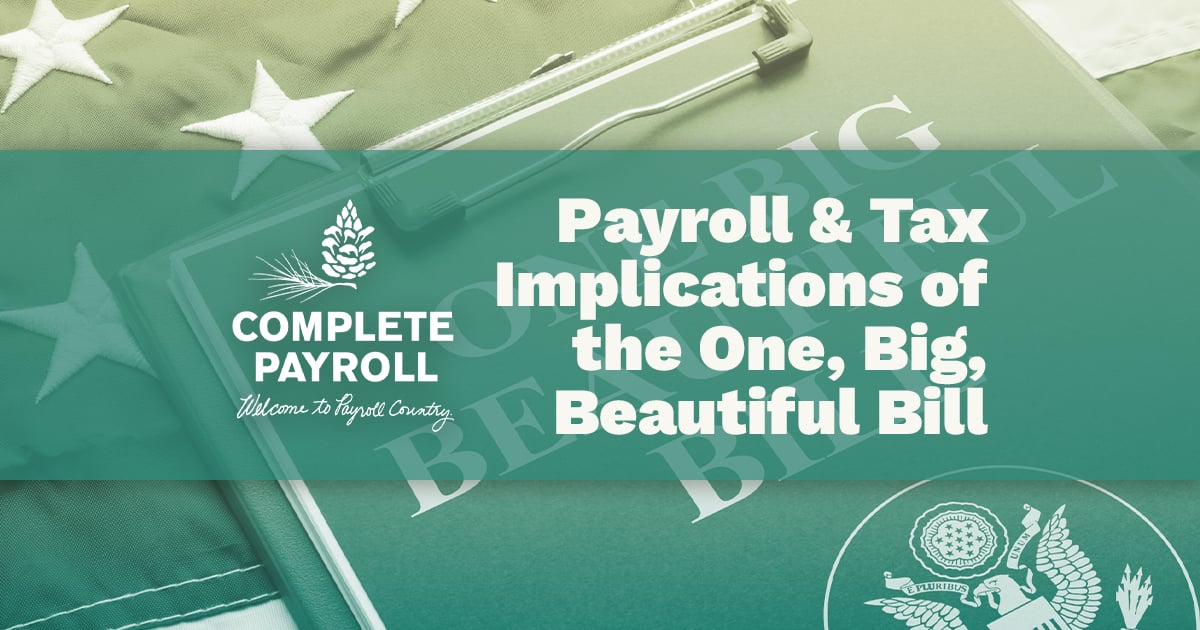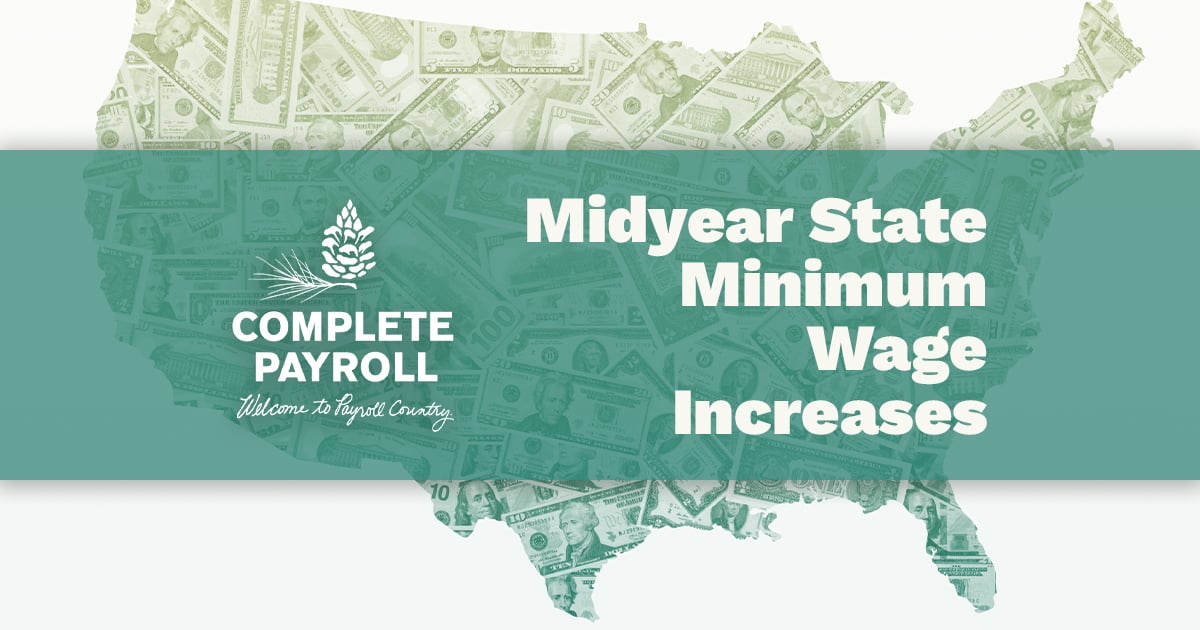![]()
To be classified as exempt, the employee’s job generally must satisfy both a salary basis test and a duties basis test. Exempt employees generally must be paid on a salary basis, meaning they must be paid a fixed salary each week. The U.S. Department of Labor (DOL) enforces regulations that define the salary basis requirement to satisfy the exempt status tests. Exempt, Administrative, Executive, and Professional employees must be paid a predetermined amount each pay period that is at least the minimum weekly salary required by the regulations. The current federal minimum is $455 per week (expected to be ~$679 starting in January 2020). However, some states require a significantly higher minimum weekly salary to satisfy this test (New York is among them). The amount paid may not be reduced because of a variation in the quality or quantity of the work performed.
Non-Exempt Employees
Non-exempt employees are typically paid on an hourly basis and entitled to overtime compensation. According to the federal Fair Labor Standards Act (FLSA), employers are required to track the hours worked and meal periods for nonexempt employees. This requirement ensures that such employees earn at least minimum wage plus overtime compensation for any hours worked above 40 in a work week (and in some states, for any hours worked above eight in a workday).
Exempt Employees
However, nothing in the law prohibits an employer from keeping track of an exempt employee's hours. Some valid reasons for tracking exempt employee hours can still be compelling. For example, an employer may opt to track an exempt employee’s hours for purposes of client billing, Family Medical Leave Act (FMLA), 401(k), hours-based benefits calculations, attendance, paid time off (PTO) benefits, etc. Some employers opt to track exempt employees’ hours simply to ensure the equitable treatment of all employees regardless of classification in the company.
With a few exceptions, exempt employees must receive their full salary for any week in which they perform work without regard to the number of days or hours worked. Accordingly, if exempt employees clock in late to work or leave early at the end of the day, the employer may not dock their pay as they may for non-exempt employees. If an employer does dock an exempt employee’s wages, such a deduction may jeopardize the individual’s exempt status.
Labor Law Considerations
Should an employer opt to track the hours of exempt employees, the company will need to be very careful with respect to how it uses this information. As explained above, the exempt employee’s salary should not fluctuate based on the number of hours worked within the workweek. Prorating an exempt employee’s salary based on hours worked may result in the loss of the exemption, which may be very costly for the business. The company may only take a deduction from an exempt employee’s salary under limited circumstances without jeopardizing the exempt status. These circumstances are listed below:
- When an employee is absent from work for one or more full days for personal reasons other than sickness or disability;
- For absences of one or more full days due to sickness or disability if the deduction is made in accordance with a bona fide plan, policy or practice of providing compensation for salary lost due to illness (at least five paid days must be offered per year);
- To offset amounts employees receive as jury or witness fees, or for temporary military duty pay;
- For penalties imposed in good faith for infractions of safety rules of major significance;
- For unpaid disciplinary suspensions of one or more full days imposed in good faith for workplace conduct rule infractions (but not in California);
- In the employee's initial or terminal week of employment if the employee does not work the full week, or
- For unpaid leave taken by the employee under the federal FMLA.
While the company may opt to track the hours of exempt employees, the company must ensure that such information is not used to take deductions from their employees’ regular salaries, unless such deductions comply with the relevant guidelines.


















 Get Instant Blog Notifications
Get Instant Blog Notifications


